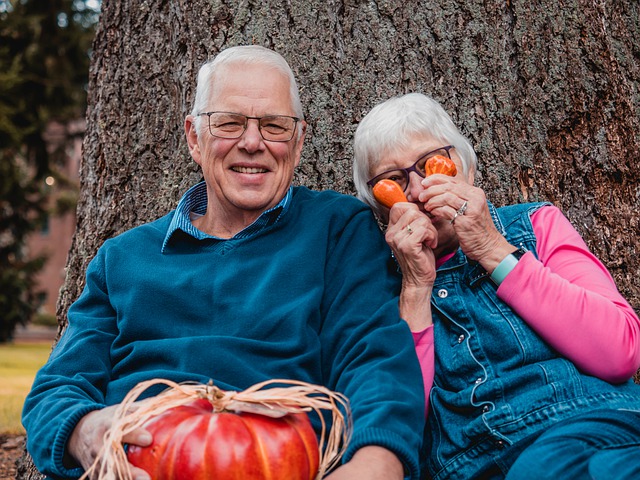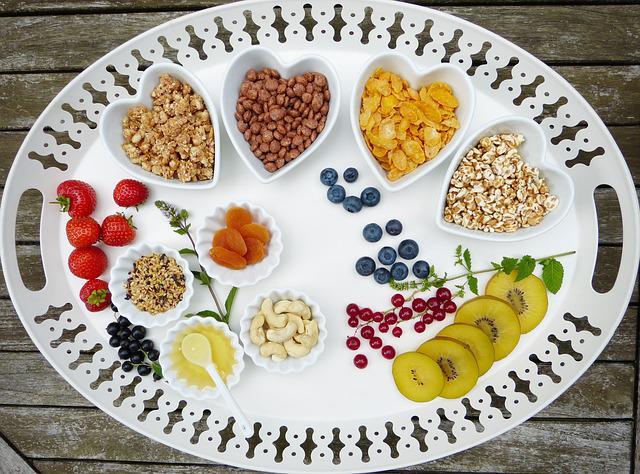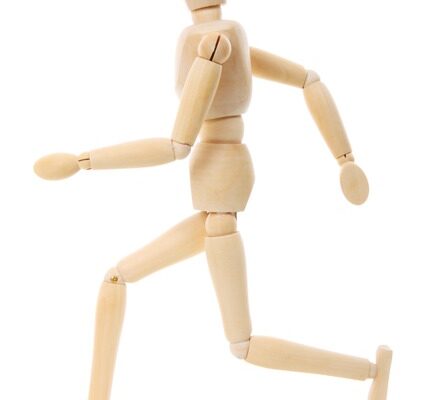Exercise has many health advantages that may contribute to a happier, healthier life. As little as 10 minutes of physical activity a week can make you happy.
Ways Exercising Can Make You Happy
It makes no difference whether you’re doing cardio, strength training, or working on your balance and flexibility. There are advantages to many sorts of exercise that can make you joyful.
The consequences of physical activity have been extensively researched. According to research, there is a positive relationship between exercise and areas such as lifespan, nutrition, emotions, and self-esteem, all of which impact your overall happiness in various ways.
Learn more about how committing to a physically active lifestyle might make you happier.
How does exercising make you happy?
Some studies have found a correlation between physical exercise and mood. Exercise, for example, is a prophylactic treatment for depression and may potentially be as effective as antidepressants in treating major depressive disorder (MDD). And it doesn’t take many workouts to see results.
According to a 2018 study, as little as 10 minutes of physical activity each week made participants happy. However, more exercise is better, and increasing the frequency with which you exercise has been found to contribute to increased pleasure.
Exercising outside may also deliver an extra happiness boost. A 2013 research, for example, found that exercising in nature improves mood and self-esteem while lowering stress, hostility, and melancholy.
In addition to improving mood, here are six more health advantages of exercise that may make you smile:
Exercise can help your love longer.

Lifespan may lead to increased happiness, and much research implies a correlation between exercise and longevity. Exercises have been shown to reduce the incidence of osteoporosis, decrease the development of some malignancies, and enhance overall longevity in the elderly due to improved cardiovascular health.
What’s not to enjoy about having a longer life? After all, living a longer life gives you more time to complete objectives and tasks, including starting a new profession. You’ll also have a longer time to spend with loved ones, particularly children and grandkids.
In elderly age, exercise enhances memory.
Do you remember your first kiss? When was the last time your colleagues gave you a pad on your back for a good job done? What was the compliment you received for preparing that delicious dish? Positive memories make us happier, and staying active is found to improve memory, particularly in older persons who are at risk of memory loss.
A 2019 research, for example, found that aerobic exercise increased executive functioning, such as working memory, flexible thinking, and self-control, among persons over the age of 55 who were at risk of cognitive deterioration.
Exercise promotes healthy eating habits.
While studies show that eating healthier makes you happier, it also makes sense: you probably feel good knowing that you’re taking care of your body, and your body feels and operates better when you feed it healthier foods and liquids.

However, it might not be easy to stay motivated to eat healthily at times. But physical activity can provide you with that extra push? You guessed it: physical activity. Physical activity is one of the good habits you can have, and it leads to being more mindful in many areas of life, including eating healthier.
According to a 2015 study, beginning or continuing to exercise resulted in higher fruit and vegetable consumption in both men and women. Another 2019 study revealed comparable outcomes, with formerly sedentary individuals in a 15-week exercise program being more likely to actively choose healthier diets.
Exercise helps to maintain your immune system in good shape.
The better your immune system, the less likely you are to become ill. Because we’re happy when we’re not ill, it’s definitely reasonable to argue that exercise can increase your immune system. However, you must make it a habit.
According to a 2018 assessment, frequent exercise for at least 45 minutes at a time may keep your immune system from decreasing as you get older.
Sleep is improved by exercise.
If you’ve been tossing and turning all night, you’re definitely familiar with the grouchiness that ensues the next day. Several studies, including one published in 2010, found that aerobic exercise enhanced sleep and overall quality of life. Not surprisingly, studies reveal that obtaining a good night’s sleep helps with mood and well-being.
Exercise increases energy levels.
It’s difficult to be cheerful when you’re fatigued. When you’re in a good mood, you can become thrilled about even the most monotonous activities, such as decluttering your closet. Physically active persons have greater energy and experience less weariness, according to research.
Here are some essential tips before you work out.

Some people prefer not to eat anything before beginning their workout. However, if you need it for a medical reason, or if your body is asking for fuel, you should eat something. After all, if there is no food coming in, no energy will come out. Look for foods that will provide you energy; these foods should contain carbohydrates and protein. Fruits such as bananas, apples, and oranges contain complex carbs that provide a more sustained energy source. A protein smoothie or bar may also be effective.
Drink water.
Hydration is just as crucial in pre-workout as during and post-workout. In a study, you should take in 17 – 20 ounces of water 2 – 3 hours before your workout. Hydration is very important because it stops your muscles from cramping and keeps you from feeling disoriented throughout your workout.
Establish a Workout Routine
Whether you use an app or classic pen and paper, it is vital to plan out of your daily habits. Knowing what to expect in terms of reps, sets, weights, and rest times removes the guesswork and can help you get more out of your workout.
Perform an Appropriate Amount of Warm ups
Even if your workout program is brief, you should always begin with some warm-up exercises. The goal of the warmup is to prepare your body by extending the muscles and raising your body temperature in preparation for the work at hand. It also reduces the possibility of straining yourself throughout your workout.
Get plenty of rest.
A healthy lifestyle needs a certain quantity of rest. Being well-rested keeps you energized throughout every jog or sprint, but it also keeps your hunger hormones in control, preventing you from ruining your work in the gym by overeating the rest of the day. Sleep is also essential for post-workout recovery because it allows the body to heal, which it critically needs.

Here are some tips on routine Following a Workout
- Stretch after your workout.
Stretching helps in the reduction of pain, the speeding up of the recuperation process, the release of tension after the workout, and increases the development of your range of motion. - Drink More Water and Refuel
We are all aware that when we sweat, we lose water, so it is essential to consume a suitable quantity of water. - After your workout, you may have the urge to eat a large bowl of ice cream or anything sweet; resist this temptation. Consuming junk food or overeating can undermine the benefits of your workout.
Instead, choose foods high in protein and fiber to re-energize your body. Choosing food with high protein will also help you recover faster by replenishing your strength and rebuilding your muscles. - Consider Taking a Cool Shower
If you’ve been working out in hot weather, you might want to try having a lovely chilly bath once you’ve recovered sufficiently. Essentially, if you are hot, a cold shower will assist your body in returning to normal.
And, if you believe that taking a chilly shower after a workout makes you feel better emotionally and psychologically, try including it into your post-exercise routine. - Change Your Attire
This should be self-evident, right? But maybe you’re in such a rush to pick up a box that you don’t have time to change your clothes. So, instead of going out, you decided to get ready at home.
Even if you cannot change your entire wardrobe, it is critical to remove any damp items, such as your bra, underwear, and socks.
To Conclude
Many gyms offer a free week trial. Find out what they offer and find a gym that fits your level and interest. If the gym is not your thing, try to take a nice walk with your friend or neighbor. Workout doesn’t involve weight lifting, box jumping, or vigorous activity. You just need to keep your body in motion.
